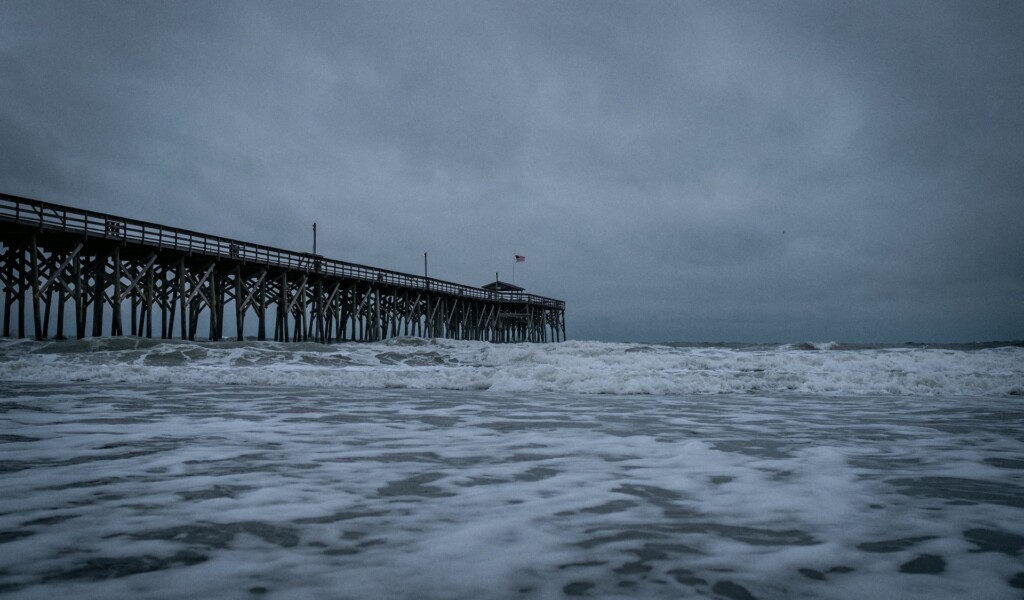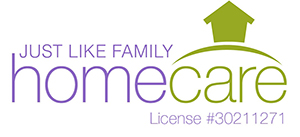Hurricane Preparation Tips for Seniors
September 26, 2022

Hurricane Ian is a reminder that emergencies and disasters can strike quickly and without warning. Forcing us to evacuate our neighborhood or staying home for several days. Are you prepared in the event of flooding or power outage? Learn how to protect yourself and cope with disaster by planning ahead. Local officials and relief workers may not be able to reach everyone right away. You can deal with disaster better by preparing in advance and by working with those in your support network: your family, neighbors, friends, or at-home caretaker.
When a hurricane threatens, seniors are especially vulnerable. It’s important for anyone living in Southwest Florida to consider hurricane preparedness, but seniors face extra challenges. Isolation, limited mobility, and medical needs. Older adults can eliminate many of the post-hurricane hardships by taking a few simple steps.
Get a Hurricane Emergency Kit
Disasters can strike at any time. Planning ahead can avoid waiting in long lines for crucial supplies, such as food, water, and medicine, and you will also have essential items in case of evacuation.
For your safety and comfort, have a disaster supply kit packed and ready in one place before a hurricane hits. Make sure to include water, perishable food, a flashlight, medications, sanitation and personal hygiene items, documents, whistle, and one change of clothing. Consider a battery-powered fan to avoid heat exhaustion. Assemble enough supplies to last for at least three days and store your emergency kit in an easy-to-carry backpack or duffel bag.
Discuss a plan with family, community, and friends
Explain your concerns to your family and others in your support network and work with them as a team to prepare. It’s best to not stay by yourself, but if you must, arrange for someone to check on you at the time of a disaster. Be sure to include any caregivers in your meeting and planning efforts. Assess yourself and your household. What personal abilities and limitations may affect your response to a disaster? Think about how you can resolve these or other questions and discuss them with your family and friends.
Keep physical copies of personal and emergency information
Nowadays we rely on our cell phones for vital formation like emergency phone numbers and contacts. A power outage means we won’t be able to charge our phones, limiting our access to this information. Write down emergency contacts and phone numbers. Include the numbers of those in your support network, like a caretaker or nurse. Remember that in some emergencies telephone lines might not be working, so consider having alternative plans for contacting those in your network. Keep copies of vital family records and other important documents. These include birth and marriage certificates, social security cards, passports, wills, deeds, and financial, insurance and immunizations records in a safe, water resistant location, or a safe-deposit box.
When the Storm Strikes
Stay where you are and make yourself as safe as possible until the storm passes, unless you are told to evacuate. In some emergencies such as a severe flooding you will need to know how to seal your home for safety. Shutters and sandbags can be used to stop water from getting inside. The National Weather Service typically issues hurricane advisories within 24-36 hours of a tropical storm threat. Stay in your home and listen to your television or radio for emergency messages or updates on any new weather patterns. Be prepared to evacuate or be on your own and have additional food and water for three to seven days.
Public Shelters
Southwest Florida has multiple public shelters available during hurricanes. Public schools, churches and relief organizations, like the American Red Cross, may open shelters if a disaster affects a large number of people or the emergency is expected to last several days.
Be prepared to go to a shelter if
- Your residence is close to body of water
- Your residence is in a flooding zone
- You depend on uninterrupted power
- Police or other local officials tell you to evacuate
Home Caregivers—Special Considerations
If you’re a caregiver for a senior loved one, particularly one who lives alone, supporting them with hurricane preparedness is undoubtedly a priority. Prepare a disaster supply kit for any family member who cannot do so on their own. If your loved one receives home care, speak with the caretaker or nurse to see what their role would be in case of an emergency at home or if evacuation is indicated. Develop a at-home emergency plan and an evacuation plan.
Plan for those with Disabilities
Your oxygen provider can help you obtain a backup cylinder, a portable tank, and necessary supplies in the event of an evacuation if you use oxygen. Keep support items like wheelchairs and walkers in a designated place so they can be found quickly. This step is essential for those who have home-health caregivers, particularly for those who are bed bound. Find out where the closest shelter is located and transport available in case an evacuation is needed, especially if your family member requires an uninterrupted power source for survival.
When a hurricane does strike, it’s important to know that you and your loved one are safe and adequately prepared. Need help assembling a hurricane disaster kit, or practicing your emergency/evacuation plan? Just like Family Home Care is here to help.
For additional information, visit Florida Hurricane Preparedness Resources to help you make an emergency plan and be prepared!
